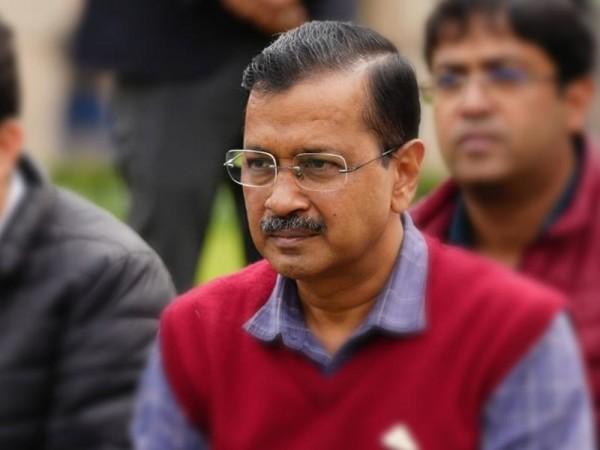
Arvind Kejriwal, the Delhi Chief Minister has been released on interim bail from today until the 1st of June, 2024. This order was passed by the Supreme Court in the money laundering case filed against him by the Enforcement Directorate (ED) in connection with the Delhi excise policy.
The CM's arrest has sparked protests and grabbed headlines globally, with controversies ranging from issues of bias and conspiracy; the breakdown of democracy; the over-reach of the ED and Kejriwal's health conditions and diet.
Until he is returned to custody on 2nd June, 2024, Kejriwal will be free to campaign on behalf of his Aam Aadmi Party (AAP) for the remaining half of the election phases. His powers as CM though have been curtailed.

What were the main grounds on which the CM was granted interim bail?
A key objection raised by the ED to granting interim bail in favour of Kejriwal on the pretext of campaigning for elections was that it would amount to differential treatment of a politician vis a vis an ordinary citizen. The Supreme Court, however, rejected this contention and observed that there was need to account for the specific nature and 'peculiarities' of this case. Further, using case law routed in the fundamental rights, it also took note of its earlier decisions which have allowed persons on bail to be involved "in any political activities, directly or indirectly."
The Court acknowledged that while Kejriwal had ignored summons on multiple occasions with regard to this case, he was not a threat to society and had no prior convictions. Moreover, since the matter is still pending and "the questions relating to legality of arrest are under consideration, a more holistic and libertarian view is justified, in the background that the 18th Lok Sabha General Elections are being held."
What are the conditions of the bail order?
The 5 conditions that have been imposed by the Hon'ble Supreme Court on Kejriwal are that:
(a)he shall furnish bail bonds in the sum of Rs.50,000/- with one surety of the like amount to the satisfaction of the Jail Superintendent;
(b) he shall not visit the Office of the Chief Minister and the Delhi Secretariat.
(c)he shall be bound by the statement made on his behalf that he shall not sign official files unless it is required and necessary for obtaining clearance/ approval of the Lieutenant Governor of Delhi;
(d) he will not make any comment with regard to his role in the present case; and
(e) he will not interact with any of the witnesses and/or have access to any official files connected with the case.
Of the above, two points merit consideration in relation to the exercise of Kejriwal's power as CM. First, the restriction on Kejriwal visiting the CMO and Delhi Secretariat effectively puts a bar on him executing duties as Chief Minister. The primary legislation of significance here is the Representation of the People Act, 1951.
According to the law, it is only after a conviction that an elected MLA can be disqualified and no longer hold office or perform such duties. As there is no conviction yet and the matter is still before the Court, Kejriwal does not stand disqualified as 'Chief Minister'. However, this Supreme Court order imposes a bar on him from performing his CM related duties. Secondly, he is prohibited from signing official files, subject to an exception. The exception being files necessary for clearance by the Lieutenant Governor of Delhi.
It will be interesting to see how this plays out or whether relevant at all, in light of the pre-existing power struggles between the two Authorities.
While the public debates on the legitimacy of Arvind Kejriwal's arrest will continue, it is important to note that this case is far from over with the Supreme Court clearly stating in today's order that "The grant of interim bail will not be treated as an expression of opinion on the merits of the case or the criminal appeal which is pending consideration before us below is a brief timeline and a closer look at the bail order."









!['Had denied Housefull franchise as they wanted me to wear a bikini': Tia Bajpai on turning down bold scripts [Exclusive]](https://data1.ibtimes.co.in/en/full/806605/had-denied-housefull-franchise-they-wanted-me-wear-bikini-tia-bajpai-turning-down-bold.png?w=220&h=138)



